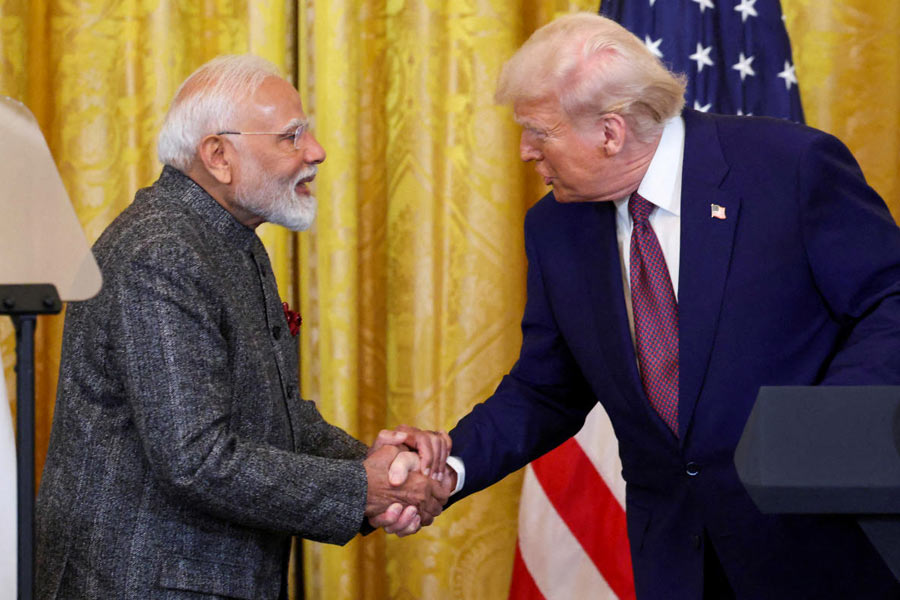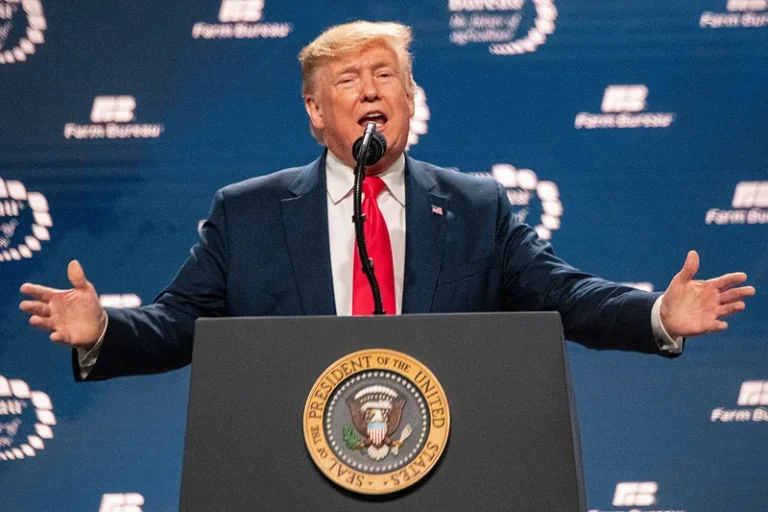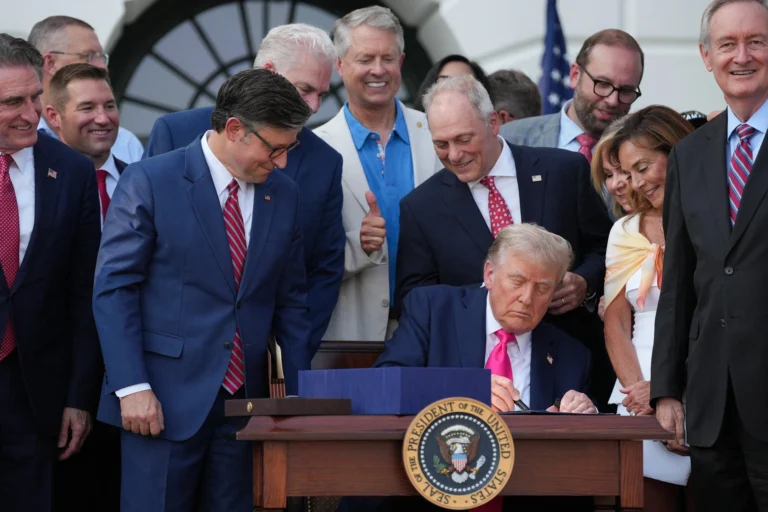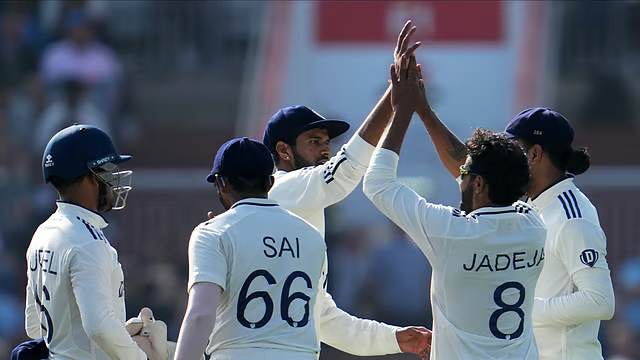
Washington/New Delhi – July 21, 2025 – A recent meeting between US President Donald Trump and Pakistan’s Army Chief, Field Marshal Syed Asim Munir, has sparked a quiet but firm diplomatic protest from India. New Delhi has warned Washington that such engagements risk straining their bilateral relationship, pushing India to reassess its ties with China as a strategic counterbalance.
Diplomatic Tensions Rise Over Pakistan’s Role
India has long accused Pakistan’s military establishment of supporting cross-border terrorism—a charge Islamabad denies. The White House lunch between Trump and Munir, however, signaled a potential shift in US-Pakistan relations, unsettling Indian officials.
Three senior Indian government sources revealed that New Delhi privately conveyed its displeasure to the US, arguing that Washington’s overtures toward Pakistan’s military leadership send the wrong message. This friction comes amid stalled US-India trade talks, with the Trump administration considering new tariffs on one of its key Indo-Pacific partners.
Pakistan has rejected allegations of involvement in recent militant attacks in Indian-administered Kashmir, including the deadly Pahalgam incident in May that killed Hindu tourists. The attack triggered a brief but intense military confrontation between the two nuclear-armed rivals, leading to aerial skirmishes and missile exchanges before a ceasefire was brokered.
A Shift in US-Pakistan Relations
The Trump-Munir meeting marked a significant moment—the first time a US president hosted Pakistan’s army chief without civilian leaders present. The discussions reportedly focused on counterterrorism cooperation, including potential US military aid to Pakistan, a move that alarms India.
New Delhi fears that any weapons provided to Pakistan could eventually be used against India in future conflicts. Following the meeting, Indian officials from Prime Minister Narendra Modi’s office and the National Security Council reportedly lodged private protests with their US counterparts.
India’s Strategic Pivot Toward China
Amid these tensions, India appears to be softening its stance toward China—a notable shift after years of hostility following the deadly 2020 border clashes. Last week, Indian Foreign Minister Subrahmanyam Jaishankar visited Beijing, his first trip since the standoff.
India is also easing restrictions on Chinese investments, signaling a potential thaw in relations. Analysts suggest this recalibration is partly a hedge against Trump’s unpredictable foreign policy, which has oscillated between confrontation and conciliation with Beijing.
“With an unpredictable dealmaker in the White House, New Delhi cannot rule out a sudden US-China rapprochement,” said Christopher Clary, a political science professor at the University at Albany. “India is responding by securing its regional interests while cautiously engaging China.”
Trade Talks and Trump’s ‘Mediation’ Claims
Trade negotiations between the US and India have also slowed, with New Delhi proposing retaliatory tariffs at the WTO. The friction deepened after Trump repeatedly claimed he averted nuclear war between India and Pakistan—a statement Modi publicly refuted, insisting the ceasefire resulted from direct talks between the two armies.
Despite past camaraderie, Trump’s engagement with Pakistan and his transactional diplomacy have introduced new uncertainties in US-India relations. As India navigates these challenges, its diplomatic maneuvers with China suggest a broader strategic realignment in a rapidly shifting geopolitical landscape.







